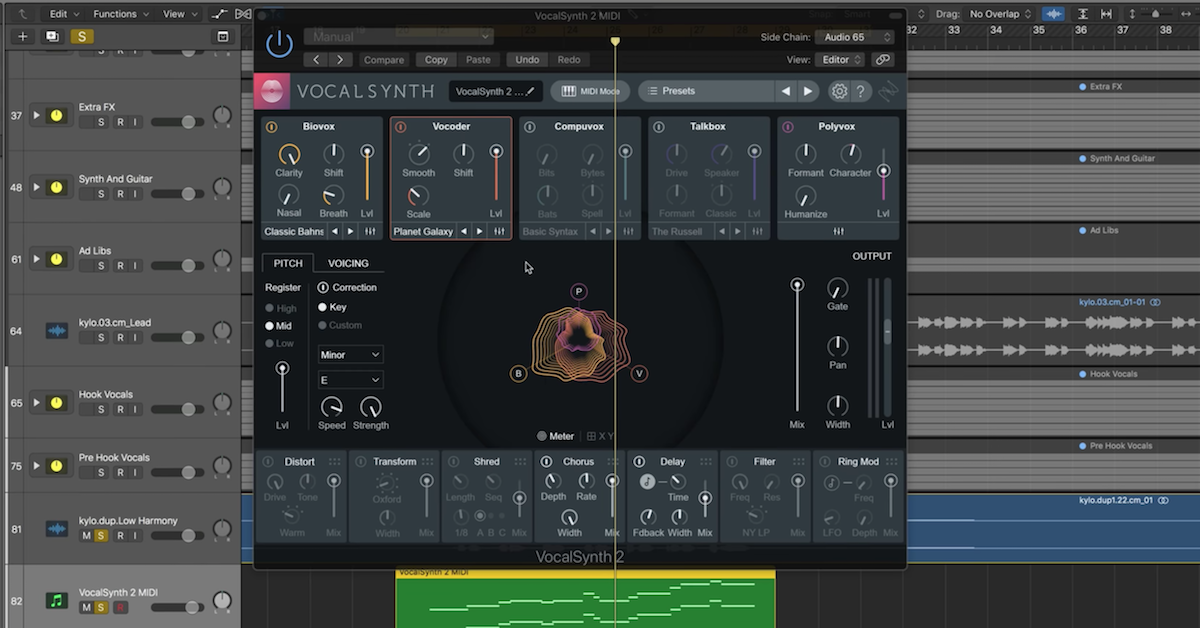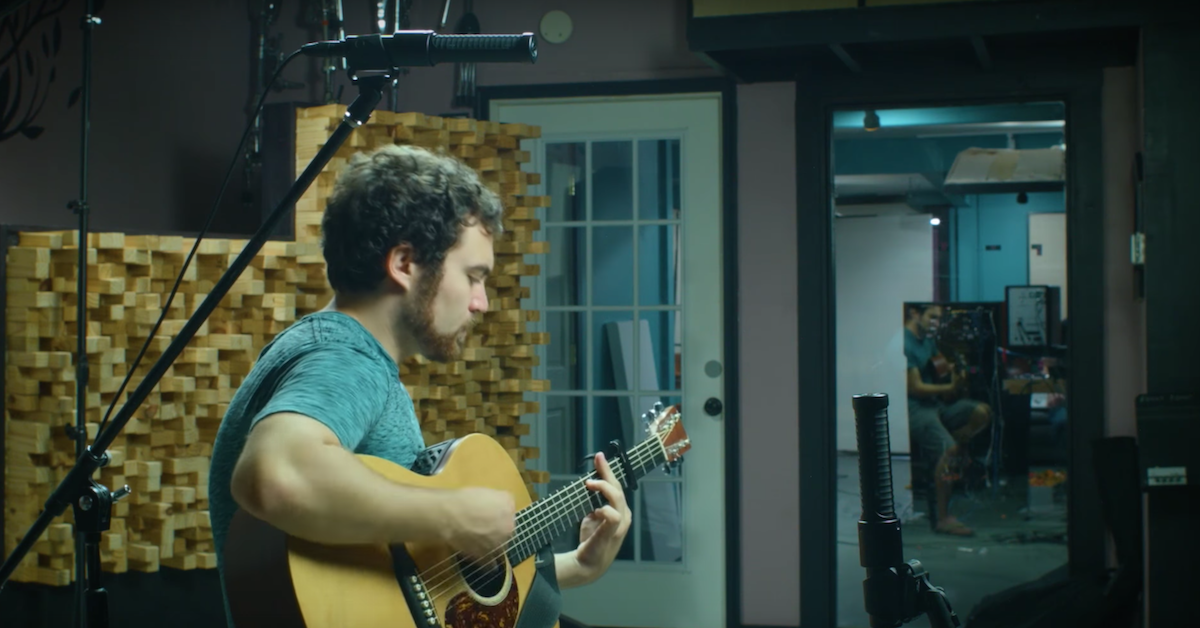The Benefits of Self-Imposed Limitations
Article Content
Igor Stravinsky said, “The more constraints one imposes, the more one frees one’s self.” (source)
Limitations are typically viewed as obstacles to be overcome. But well-conceived, self-imposed limitations can often yield fruitful results in many areas of production and can enhance and refine your musicianship in general.
General Premise
You intentionally restrict yourself to a greatly reduced field of possibilities. By doing so, you are forced to make the most of a less than optimal situation. You can no longer depend on certain techniques or methods that may have become habitual or routine. You’re forced to be creative with limited resources. As a result, you learn everything there is know about this limited palette, things you would not have bothered with otherwise. The payoff is when you lift the limitations and find your vocabulary and skill set has expanded in ways you could not have predicted. Below are some specific examples.
Self-Imposed Limitations for the Musician
I can attest that this idea works great and I credit Mick Goodrick and his book, The Advancing Guitarist. Record a vamp and improvise over it on guitar using just one finger on one string. Do it for a while. Then try it with another finger on a different string. Then try it with one finger on two strings. You get the idea. This is great for breaking out of position playing and expanding your knowledge and facility playing up and down the neck. Similar ideas can be devised for other instruments.
Self-Imposed Limitations in Mixing
Mix a session completely in mono. Besides the obvious benefit of mono compatibility, you are forced to consider the depth of the mix as an extremely crucial element, because it is your only means of spatialization.
Try mixing a session using only stock plugins. This will force you to learn things about the plugins you already have that may surprise you. You may even develop work-arounds that will yield unexpected and desirable results.
Try mixing a session using only plugins that are currently unfamiliar or that you’ve avoided using in the past for one reason or another.
Try mixing a session without ever soloing a track. Think about that one for a moment.
Try mixing a session with only soloed tracks, adding compression, EQ, and effects as your intuition guides you.
Give yourself an unreasonably short period of time to mix a track (say 10 minutes for a 3-minute song). Start from scratch and repeat three times. So in 30 minutes, you’ll have three, probably bad, mixes. But you will definitely expose any deficiencies in terms of your facility with key commands and general workflow.
Self-Imposed Limitations in Producing and Composing
Restrict yourself to the use of two virtual instrument tracks, but allow program changes on those tracks.
Pre-compose an odd structure or form and use it as a template for a track. For example, section lengths in bars could be: 9 | 7 | 9 | 13 | 8 | 8 | 11 (and repeat). Create content that fits the form.
Pre-compose an odd or mixed meter template. Create content that fits the form.
Write a track with at least 3 key modulations.
Write a track with at least 3 tempo changes.
Write a track without a bass-line.
Write a track with only monophonic sounds.
Write a track with 2 simultaneous melodies of equal importance.
Record a track using only hardware synths.
Record a track using only analog gear.
Give yourself an unreasonably short period of time to write a track, without looping or duplicating regions.
Choose or create one MIDI region or loop and use only it, for the rest of the content in the track. (see my article “50 Steps…” for ideas).
Conclusion
These ideas are not intended to be recipes or formulas for success. They are ideas to encourage innovation and out-of-the box thinking. The nature of the limitations you choose to impose should be well-considered, in that you need to be honest with yourself in recognizing and identifying existing weaknesses or areas in your skill set that need work.
Although initially, you should be faithful to the self-imposed limitations you’ve devised for the approach to be of any use, remember that rules were meant to be broken. If the experience leads to a great idea, you have to follow it immediately, don’t wait! Artistic license overrules all.
Check out my other articles, reviews and interviews
Follow me on Twitter / Instagram / YouTube





